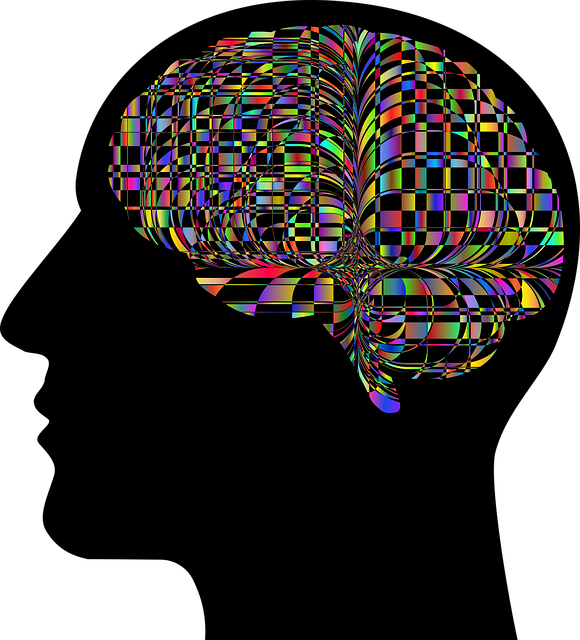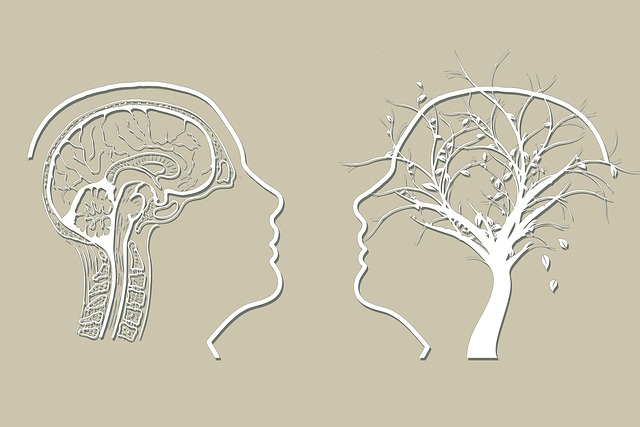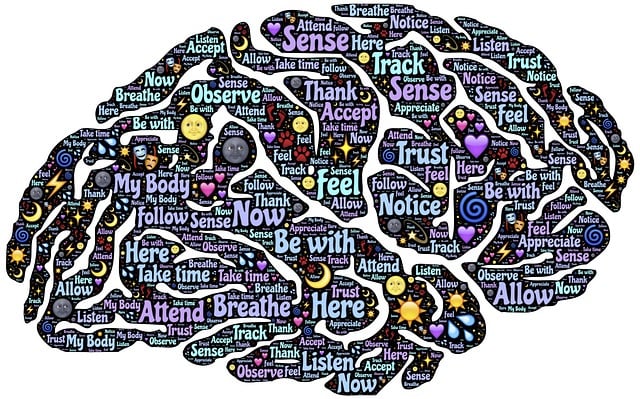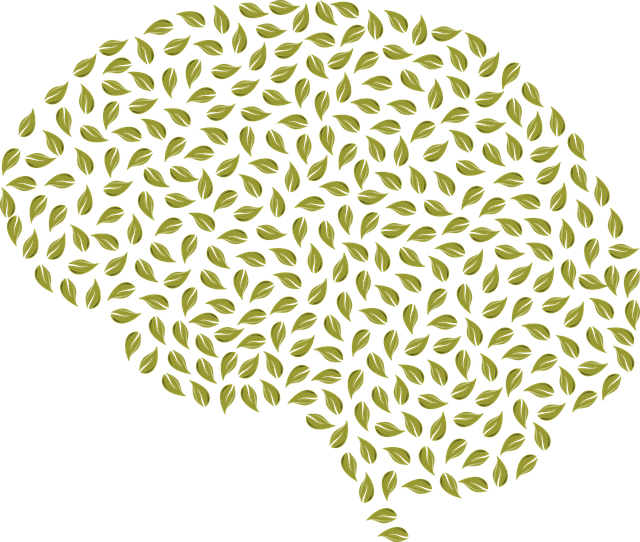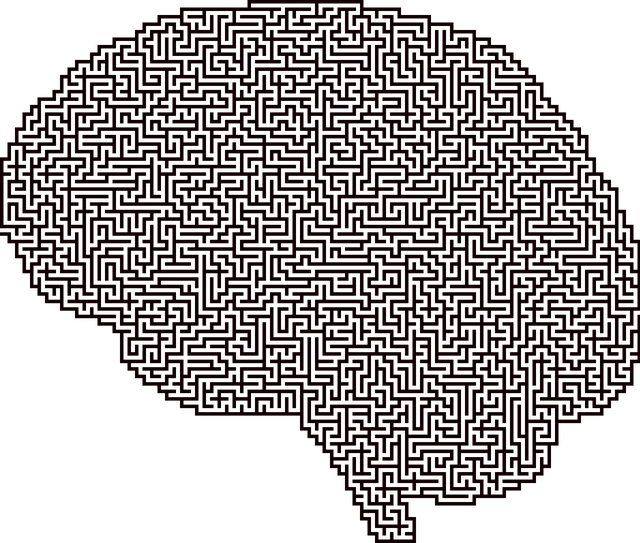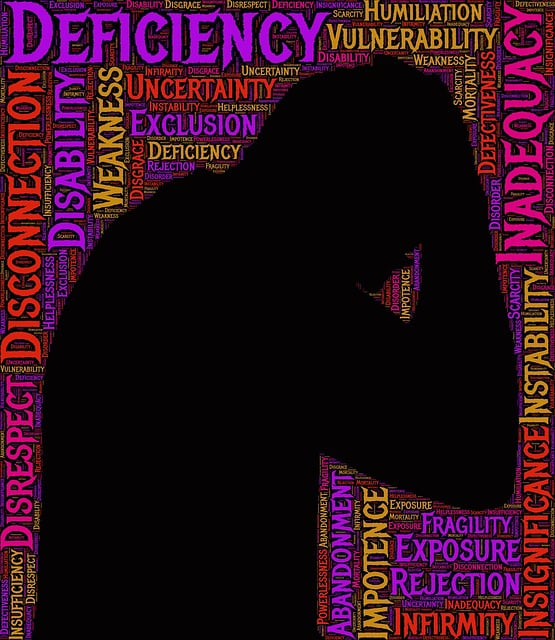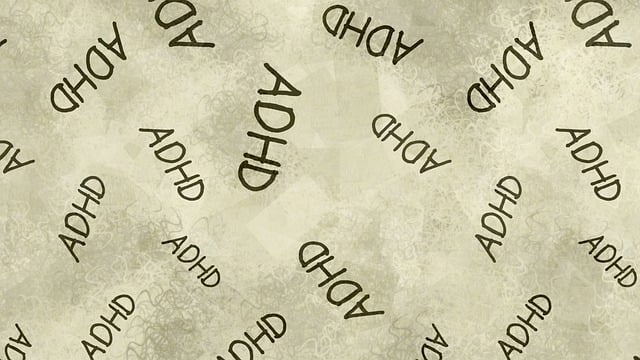Lone Tree Therapy for Therapists-Clinicians leverages structured data from patient records, surveys, and clinical assessments to drive effective mental health policy analysis and advocacy. Advanced analytics and predictive modeling help identify risk factors for conditions like depression and trauma, enabling early intervention. Cultural sensitivity ensures tailored interventions addressing diverse client needs. Ethical considerations, including HIPAA compliance, protect patient privacy. This data-driven approach enhances clinical outcomes, prevents burnout, and promotes continuous learning among mental health professionals.
Mental health data analysis has emerged as a powerful tool in understanding and improving patient outcomes. This article delves into the intricacies of mental health data collection, organization, and advanced analysis techniques that provide clinical insights. We explore key methods for interpreting results, identifying patterns, and trends while navigating ethical considerations. Additionally, we highlight how Lone Tree Therapy for Therapists-Clinicians leverages data-informed decisions to revolutionize mental health practice, enhancing patient care and treatment effectiveness.
- Understanding Mental Health Data: Collection and Organization
- Data Analysis Techniques for Clinical Insight
- Interpreting Results: Identifying Patterns and Trends
- Ethical Considerations in Mental Health Data Interpretation
- Enhancing Practice with Data-Informed Decisions: The Role of Lone Tree Therapy for Therapists-Clinicians
Understanding Mental Health Data: Collection and Organization

Understanding Mental Health Data is a pivotal step in effective therapy and treatment planning. The process begins with Lone Tree Therapy for Therapists-Clinicians and other healthcare providers, who play a crucial role in data collection. This involves gathering comprehensive information from various sources like patient records, surveys, and clinical assessments. By utilizing structured forms and standardized tools, mental health professionals can ensure the data is consistent and comparable, facilitating precise analysis.
Proper organization of these data sets is essential for interpretation. This includes categorizing information based on diagnosis, demographics, treatment modalities, and outcomes. Mental Health Policy Analysis and Advocacy often leverages such organized data to drive policy changes and improve access to quality care. Similarly, Healthcare Provider Cultural Competency Training benefits from analyzed data to identify cultural barriers and tailor interventions accordingly. Moreover, Community Outreach Program Implementation can be guided by mental health data to target high-risk areas and develop effective community support systems.
Data Analysis Techniques for Clinical Insight

In the realm of mental health care, data analysis serves as a powerful tool for therapists and clinicians at Lone Tree Therapy, enabling them to gain valuable insights into patient well-being. By employing sophisticated techniques, professionals can uncover hidden patterns and trends within patient populations, leading to more effective treatment strategies. For instance, statistical analysis and predictive modeling allow therapists to identify risk factors for conditions like depression and trauma, facilitating early intervention and improved outcomes.
Cultural sensitivity in mental healthcare practice plays a crucial role in this process. Therapists must consider the diverse backgrounds and experiences of their clients when analyzing data. This includes understanding cultural nuances related to symptoms, coping mechanisms, and help-seeking behaviors. For example, Trauma Support Services may reveal unique challenges faced by individuals from adverse environments, guiding clinicians toward tailored interventions. Such an approach ensures that treatments are not only evidence-based but also culturally responsive, enhancing the overall effectiveness of mental health care.
Interpreting Results: Identifying Patterns and Trends

When analyzing mental health data, one of the crucial steps is interpreting the results to gain valuable insights. This process involves identifying patterns and trends within the collected information. Therapists and clinicians at Lone Tree Therapy employ meticulous techniques to uncover hidden correlations and anomalies that can significantly impact patient care. By delving into the data, they can identify recurring themes in client presentations, treatment responses, or risk factors, allowing for more tailored interventions.
For instance, through analysis, therapists might uncover a pattern suggesting that specific self-awareness exercises effectively manage stress among individuals dealing with anxiety disorders. This insight could inform the development of customized therapy programs, enhancing the overall therapeutic experience. Moreover, identifying trends in crisis intervention guidance can help refine emergency response strategies, ensuring better support during critical moments. Such interpretations enable Lone Tree Therapy’s professionals to continuously improve their practices, ultimately benefiting clients seeking therapy and clinicians alike.
Ethical Considerations in Mental Health Data Interpretation

When analyzing and interpreting mental health data, especially when using tools like Lone Tree Therapy’s resources for therapists-clinicians, ethical considerations are paramount. The privacy and confidentiality of patient information must be rigorously upheld, adhering to strict regulations such as HIPAA (Health Insurance Portability and Accountability Act) in the US. This includes obtaining informed consent, ensuring data security, and protecting the anonymity of individuals to maintain their trust.
Additionally, the potential for bias in data collection methods and algorithms requires careful scrutiny. Mental wellness journaling exercises and emotional well-being promotion techniques should be designed and implemented with an awareness of cultural sensitivity and individual differences. Risk management planning is crucial for mental health professionals; they must consider not only ethical guidelines but also legal responsibilities to provide accurate, unbiased, and beneficial interpretations that support rather than harm the therapeutic process and overall emotional well-being of their clients.
Enhancing Practice with Data-Informed Decisions: The Role of Lone Tree Therapy for Therapists-Clinicians

In today’s digital era, Lone Tree Therapy for Therapists-Clinicians serves as a game-changer in enhancing practice through data-informed decisions. By utilizing advanced analytics and interpretation techniques, therapists can gain valuable insights into client progress, treatment outcomes, and potential areas of improvement. This approach allows professionals to tailor their practices more effectively, fostering personalized self-care practices and mental wellness.
In light of the above, Lone Tree Therapy for Therapists-Clinicians plays a crucial role in preventing burnout by providing tools for data collection and analysis. Mental wellness podcast series production can be leveraged to share insights and best practices, ensuring that professionals stay informed about the latest trends and strategies. This continuous learning environment not only improves clinical outcomes but also contributes to maintaining a healthy work-life balance, thereby avoiding the pitfalls of burnout.
Mental health data analysis and interpretation are vital tools in enhancing therapeutic practices, as evidenced by the role of Lone Tree Therapy for Therapists-Clinicians. By understanding data collection, employing effective analysis techniques, and interpreting results ethically, professionals can identify patterns and trends that inform data-driven decisions. This approach not only improves individual patient outcomes but also fosters a more comprehensive and tailored mental health care system, revolutionizing the way therapists and clinicians deliver services.


